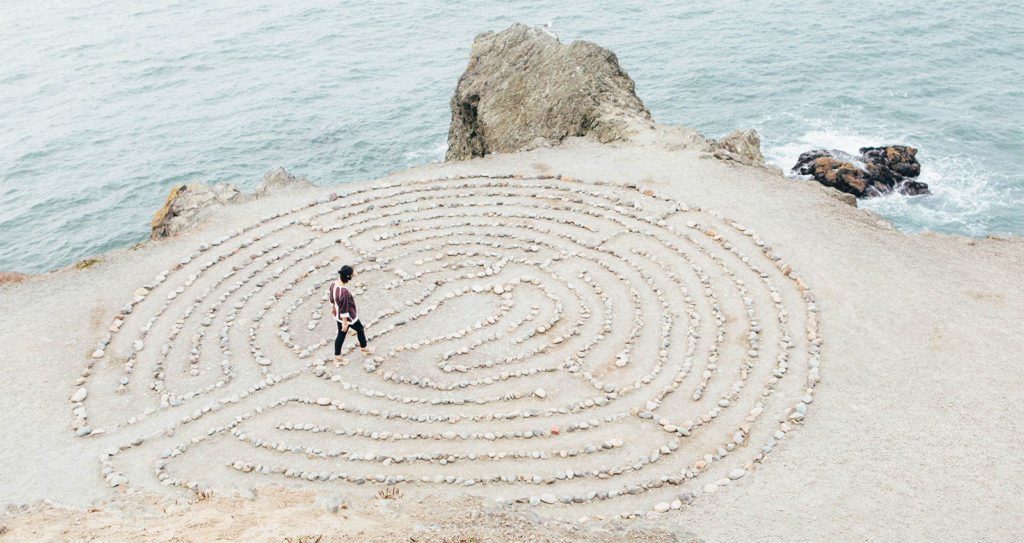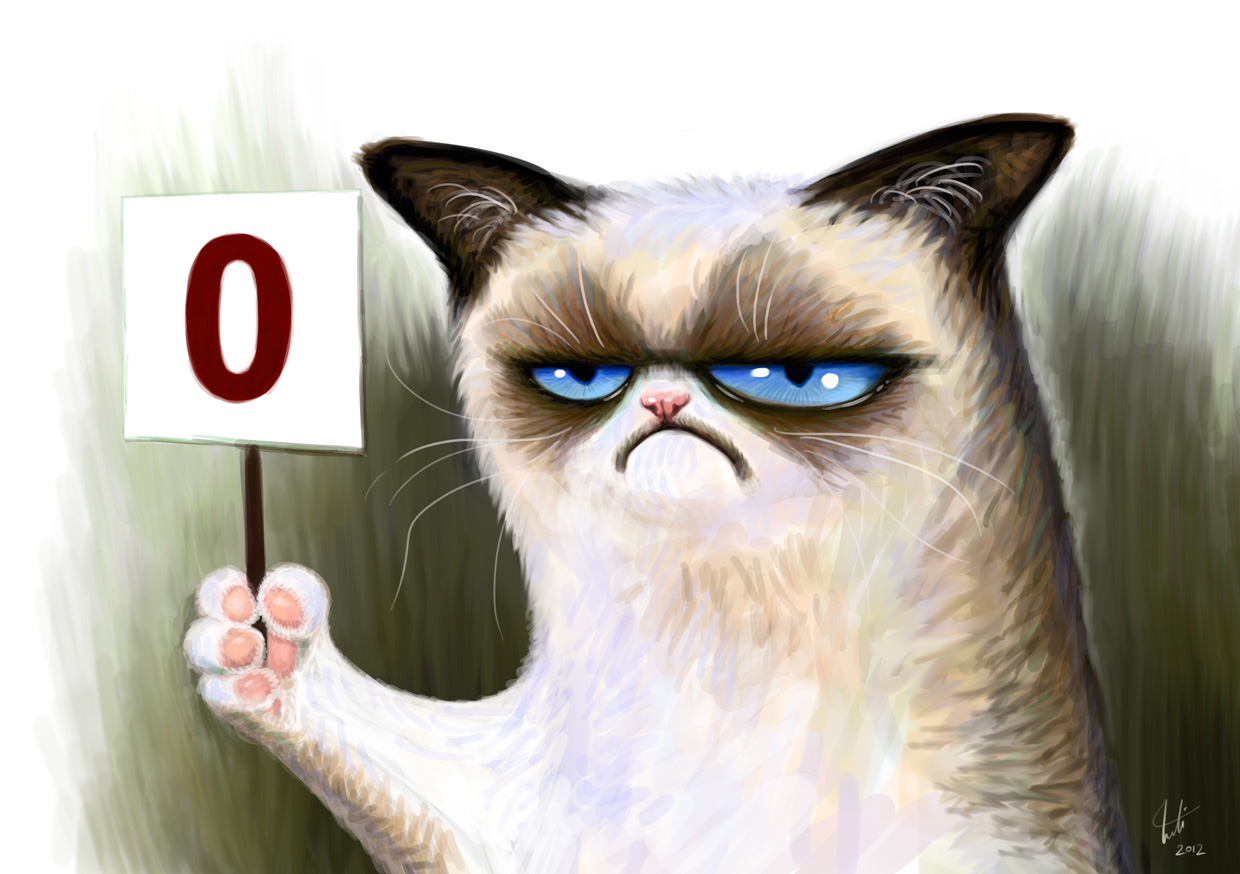To err is human, who’s perfect? It’s not possible to live life so perfectly flawless and not make any mistake. How then are we able to experience life naturally? When everything around us is always in constant flux.
So, what are these authors can tell or show us about ourselves? Things that we might not have considered before or not yet reveal themselves until further examination.
This post is the eighth entry in a series of 13 about the story behind the app on Zen Enso. Before continuing, I would recommend reading prior entries first to get a better understanding and flow of the contents.
- A Spark That Kick Off a Quest of a Soul-searching Adventure
- It’s Very Entertaining Listening to Alan Watts
- The Old Man Pointing the Way
- 13 Lessons I learnt About Myself and Probably Useful to You as Well
- The Evolving Ideas and the Differences it Might Have
- What Zen Enso is Aiming for and Trying to Bring About
- Should Life be a Puzzle to be Figured Out?
- The Authors are Who They are: Human Beings
- How to Best Use Zen Enso and to Contemplate About Your Life
- How Does the Name Zen Enso Comes to Be?
- Zen Enso Could be One of My Best Work Yet
- The App Reception, Extra Resources, and a Closing to the Story
- The TLDR: We Don’t Have All the Time in the World!
Innumerable Mazes
Our lives are shaped much like a maze that our parents and society have passed down to us. We can see these mazes as game-like which Alan Watts once remarked, not in the literal sense (like just a game) but something we are participating in as a group.
Through the author’s quotes that we can read in the app or going further into their whole body of works, we might be able to see these game-like mazes that we are a participant and often enough obsess about.
We can mix and match to create even more games. Sometimes, there are games within games sort of like mini-games to pass through for the win condition.
The Common Ones
Some of the common and easily recognizable ones are listed below.
- status (wearing branded stuffs to signal our status, yearning for high office, drives luxury car, show collection to impress)
- career (studying for a degree, finding a job, interviewing, playing the role, climbing the corporate ladder, doing enough work and not be exploited, managing expectation, salary negotiation, earning more money and bonus, saving for a retirement fund)
- finance (saving, spending money, learning the importance of money, earning enough to survive, investing in stock market in hope to increase its value, bond market, insurance, inflation, recession)
- power (being in a position of power to dictate, control, manage, influence, or manipulate. The relation can bee seen in customer to waiter, collegue to collegue, or manager to subordinate, ruler and the ruled, youtuber to his audience)
- religion (why I’m here, what god should I dedicate myself to, what’s the origin story, who should I pray to, what tradition and culture should I follow, what’s the meaning of this universe)
- economy (modern economies requires everyone to participate. Buying groceries, electricity, water, Internet, fuel for car, loan for getting a car or house, yearly smartphone purchase, etc)
Realize them for what they are and play it accordingly if you like and not take them too seriously. It can be fun as well to participate and play after reaching an understanding of this.
I don’t see the edges of my realities nor the games I participated in before my soul-searching journey. However, after coming out in the other end. I can see things clear as day through various author works. By viewing through their lens I can make a better-informed decision on my life.

Some people have figured it out early while others need pointers to navigate through. A sizeable amount of players didn’t even realize it yet. A small group has figured it out then go back to exploit it. Like exploiting a bug in a video game to get more coins or powered-up items.
About the Authors
You might come across some quote repulsive or you just don’t like the authors because it does not sit well in your worldview or you have a prior opinion about them. But we should not quickly discount on whatever information or wisdom we could potentially draw on.
Don’t let emotions or the carefully constructed images of these authors dissuade you from asking yourself why you are reacting in such a manner. If you do feel something swelling then you should dive deep to investigate if the root can be found rather than push it away and disregard it.

For instance, you might find Charles Bukowski a hopeless drunk and crass man, Oscar Wilde like saying flagrant blabber, Friedrich Nietzsche being too edgy, or the hate around Jordan Peterson due to his beliefs. Heck, Alan Watts is an alcoholic and engaged in multiple marriages.
Even Gautama Buddha, the guy who founded Buddhism in ancient India, a prince living in all kinds of luxury and a new dad with a just born, had left his family suddenly when he is 29 years old to seek enlightenment.
I’m not saying what they do is good or bad. That’s for you to discern and figure out. What I am trying to communicate is they are all human, living through a very human experience. Use their quotes or works as a light to shine inward and see any light bounce back.
There is no saint without a past. How else do they learn and turn a new leaf? Then to tell others of their experiences and lessons?
Adapt what is useful, reject what is useless, and add what is specifically your own.
Bruce Lee
Make sure to examine what is given rather than readily accept anything that comes your way. Just like what the Buddha tells his followers to examine his teaching for themselves rather than blindly gobble and think they have understood Buddha’s words.
It is important to draw wisdom from different places. If you draw it from only one place, it grows rigid and stale.
Iroh

I believe to grow, one should seek wisdom from multiple fields, disciplines, and areas else we would risk getting stale and missing the whole point altogether about life. Learning to walk the middle way is also a very important skill to cultivate in one’s life to avoid going over to the extreme of the opposite poles.
Seeing through things rather than getting hooked in by them and forever circling an abyss we created for ourselves is not healthy. So, learning to gain a balance in life is of utmost importance.
Uncle Iroh
Even though he’s not a real person, the words he said in the show are profound for a show that was meant for kids. If you haven’t caught on yet Iroh is a beloved fictional character in Avatar: The Last Airbender universe. It’s a show I love ever since it aired.
His conversations with his nephew (Zuko, a confused banished prince) which he treats like his own son had given me and millions of fans something to think about. Won’t you say he’s the perfect wise uncle figure to have a nice cup of tea with to talk about life?
I bet a lot can be solved and figured out in a few tea sessions with him.
He’s one of the authors in the app which you can access his quote as well.
Thanks for reading the 8th entry in a series of 13 in total. The next post is How to Best Use Zen Enso and to Contemplate About Your Life if you wish to continue the story. See you there!




